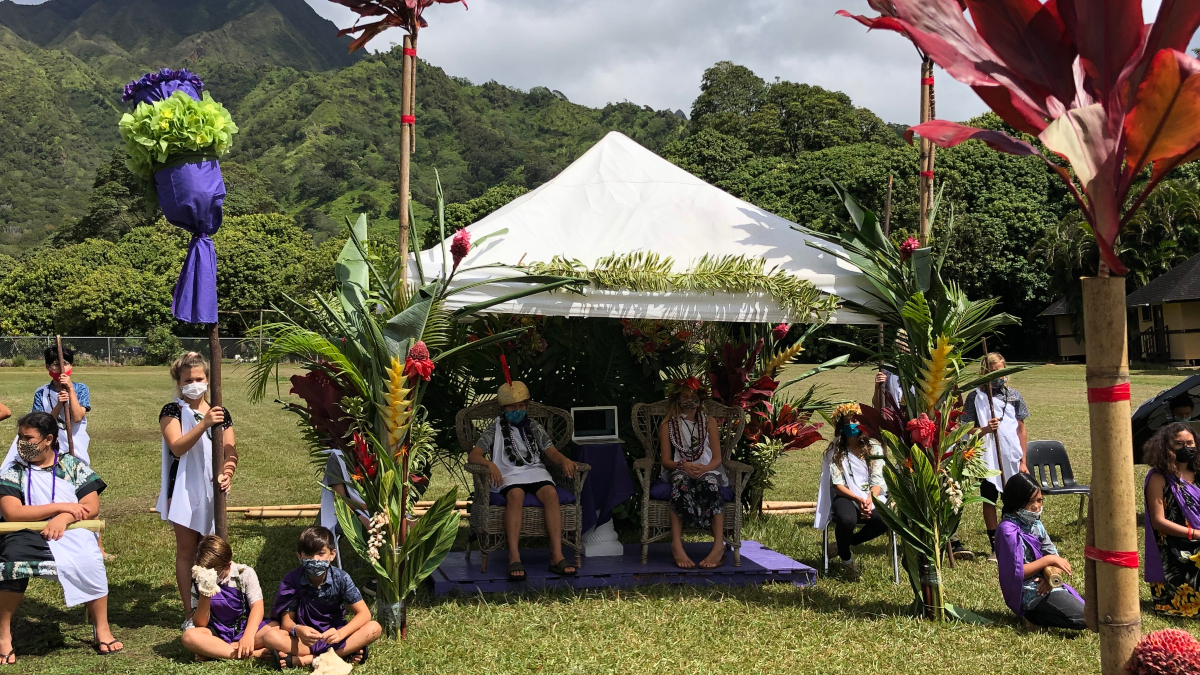Editor’s Note: This is one in a series of articles on the pillars of Alaka’i O Kaua’i Charter School’s educational philosophy and approach. You can find more articles by clicking here.
When was the last time you went on a trip to a new place without first looking up directions? Unless you have a superhuman sense of direction, you searched for how to get where you were going, whether on your phone or an old-school paper map. That’s what this week’s habit is all about.
Last week, we discussed the first of the 7 Habits: Be Proactive. A proactive person believes in taking responsibility for their lives and investing their time and energy on things within their control — and not losing sleep over the things they can’t control.
But how does one successfully lead a proactive life? Part of the answer lies in Habit #2: Begin With the End in Mind. Starting a proactive journey is difficult if you don’t know where you are trying to go. Beginning with the end in mind is very much like consulting a road map.
In short, to begin with the end in mind means to begin each day, task, or project with a clear vision of the desired direction and destination, and then continue by flexing one’s proactive muscles to make things happen.
To reinforce a mind-set of beginning with the end in mind, Dr. Stephen Covey encouraged developing what he called a personal mission statement. It focuses on what you want to be and do. It is your plan for success. It reaffirms who you are, puts your goals in focus, and moves your ideas into the real world. Your mission statement makes you the leader of your own life.
So what does it look like for learners to embrace a Habit 2 mind-set and develop their personal mission statements? Helpful steps include reminding themselves of the following:
- I plan ahead and set goals for myself.
- I am prepared at all times.
- I think about how the choices I make now will affect my future.
- I think about the positive or negative consequences of my actions before I act.
Do you know why Alaka’i O Kaua’i Charter School’s focus on developing children who are free thinkers fits so well with the 7 Habits? Because, for instance, Habit 2 is based on imagination — the ability to envision in your mind what you cannot at present see with your eyes. When children are empowered to imagine what can be, the results can be incredibly inspiring.
Join us next week as we explore Habit #3: Put First Things First.
For more information on the 7 Habits and other leadership resources, click here to visit the FranklinCovey website.


